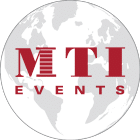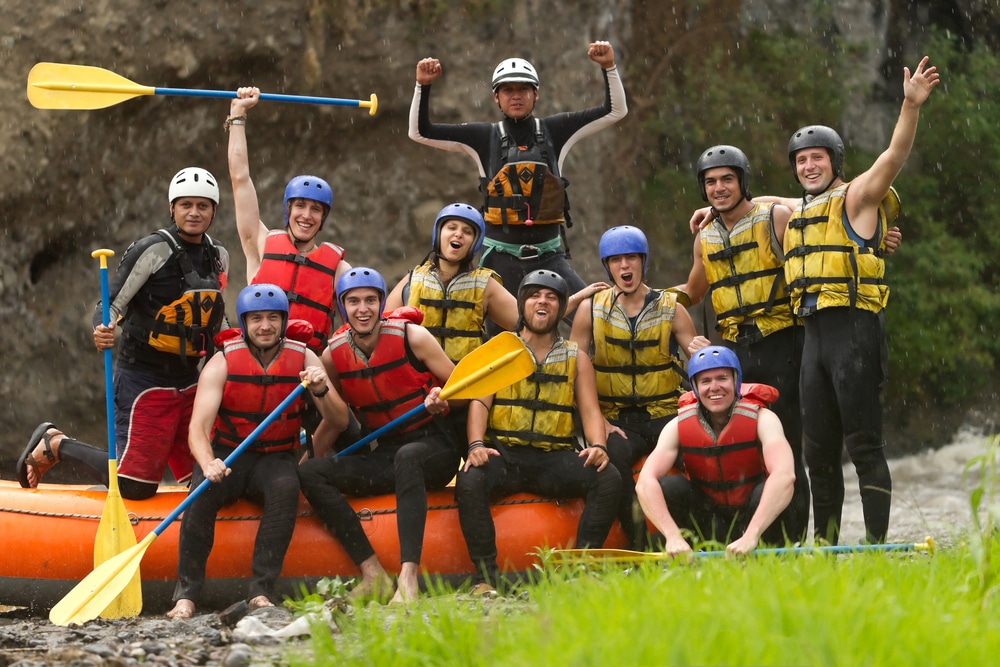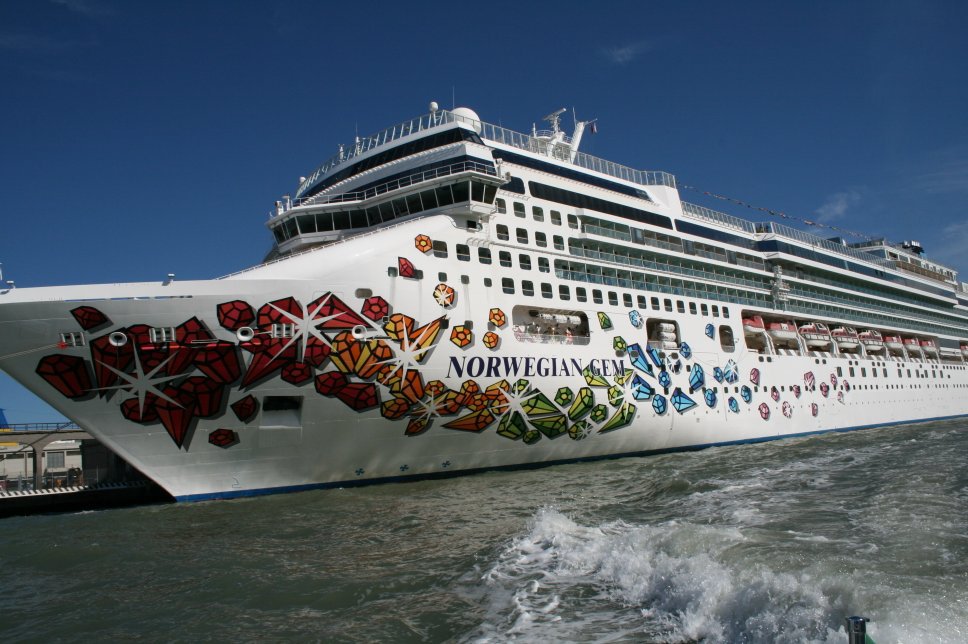You’ve planned the perfect corporate event. The venue is booked, the agenda is set, and the guests are invited. But now comes the equally critical task of promoting your event to drive awareness, engagement, and attendance. Effective corporate event marketing is vital for achieving your goals and return on investment.
As an experienced corporate event planner, MTI Events knows that marketing ties all the pieces into a cohesive strategy. Read on as we walk through event marketing basics, best practices, and tips to make your next corporate event a resounding success.
Define Your Goals and Target Audience
The first step in strategic corporate event marketing is clarifying your goals and target audience. Start by asking yourself some key questions:
What is the overall purpose of this event? Is it to educate, network, motivate, or entertain your guests? Having a clear objective will shape all aspects of your promotion.
Next, define who you want to attend this event. Understand their demographics, preferences, needs, and interests. For example, is your event geared toward employees, clients, industry leaders, or the general public? The more precisely you can define your target audience, the better you can tailor messaging and outreach accordingly.
Finally, determine the actions you want guests to take during or after your event. Do you want them to sign up for a service, provide feedback, or make a purchase? Establishing desired outcomes will allow you to drive the right calls to action.
With well-defined goals, target audience, and desired actions, you can develop an event marketing strategy optimized to reach and resonate with the right people.
Craft Engaging Messaging and Positioning
Your corporate event messaging should convey what makes this event unique, compelling, and worth attending for your target audience. Some key elements to include in your messaging are:
The overall purpose and benefits of your event. Communicate why your audience should take time out of their busy schedules to attend. What value will they gain by participating? Details on programming, speakers, entertainment, or other event activities. Give guests a taste of what experiences and engagement they can expect. Highlight unique or exclusive offerings.
Information on the venue, such as location, amenities, and atmosphere. Paint a picture of the event setting. Calls to action that convey what you want guests to do, such as registering, sharing with colleagues, or connecting on social media. You can craft messaging that intrigues and motivates your target audience by addressing purpose, programming, venue and calls to action.
Select Marketing Channels That Reach Your Audience
Once your messaging and positioning are defined, the next step is determining how and where to reach your target audience. The best marketing channels depend mainly on your event demographics, but some options include:
Email campaigns are one of the most direct ways to reach potential guests. Send a series of emails with compelling event details, insider tips, and clear calls to action for registering or sharing.
Social media platforms like LinkedIn, Facebook, and Instagram allow you to share announcements, speaker spotlights, agenda highlights, and more. Identify where your audience is most active online and connect with them there.
Your organization’s website and blogs offer excellent opportunities to provide in-depth event information through announcements, speaker bios, agenda details, and more.
Print collateral such as posters, signage, flyers, and postcards placed in high-traffic areas helps spread the word about your event.
Equipping internal teams to promote through word of mouth and personal networks is extremely powerful. Give them the tools and information to share event highlights.
With the right mix of digital promotion, print collateral, and grassroots outreach, you can connect with audiences across multiple touchpoints and drive interest in your event.
Develop Visually Appealing Marketing Assets
Compelling visual assets make your event come to life while strengthening brand identity across channels. Some assets to consider developing include:

- Eye-catching graphics, photos, and videos adorn your emails, website, social media posts, and ads. These elements capture attention while conveying key details.
- Professionally filmed footage or photography from past events to showcase programming and atmosphere.
- Branded templates for presentations, signage, name badges, swag, and other event collateral. These assets unify the look and feel.
- Infographics, charts, or illustrations to display key statistics, agenda details, venue layouts, and other informative elements in engaging ways.
With captivating visual content, you make a powerful impact on your audience.
Drive Excitement Through Strategic Outreach Phases
The most effective event promotion campaigns have designated phases and timelines leading to the big day. Some best practices are:
Send an initial “save the date” email to announce the event and give a sneak preview of details. Building anticipation early is essential.
Launch a detailed event website with a full agenda, speaker bios, venue information, and registration. Keep adding new details over time.
Deploy a series of monthly email updates to share new program announcements, speaker spotlights, early bird registration deadlines, attendees’ tips, and other relevant news.
2-4 weeks before your event, ramp up the energy and urgency with frequent email reminders. Share countdown info and final calls to register.
Follow up post-event with a thank you email, recapping event highlights, and gathering feedback through surveys or reviews.
This strategic cadence keeps your event at the forefront of your mind while conveying a sense of momentum and excitement as the corporate event approaches.
Track and Analyze Results
It’s essential to monitor corporate event marketing performance through critical metrics so you can continually optimize your strategy. Some data to track include:
- Email open and click-through rates to gauge engagement
- Social media reach and follower growth to measure digital presence
- Website traffic and visitors to assess interest
- Referral sources driving registrations to identify top channels
- Registration and attendance numbers to quantify success
- Post-event survey feedback to highlight areas for improvement
With the right analytics, you gain insight to refine your approach for future events.
Partner with a Pro Like MTI Events
Executing a strategic, multifaceted corporate event marketing campaign takes considerable expertise, time, and resources. That’s where a professional event marketing agency like MTI Events comes in. Our seasoned team handles every aspect of promoting your corporate event for optimal success. We’ve got you covered, from developing messaging and visual assets to executing multi-channel outreach campaigns.
Want to make your next corporate event a smash hit? Contact us today to learn more about our comprehensive corporate event marketing services. Let’s work together to spread the word and deliver outstanding results effectively.















